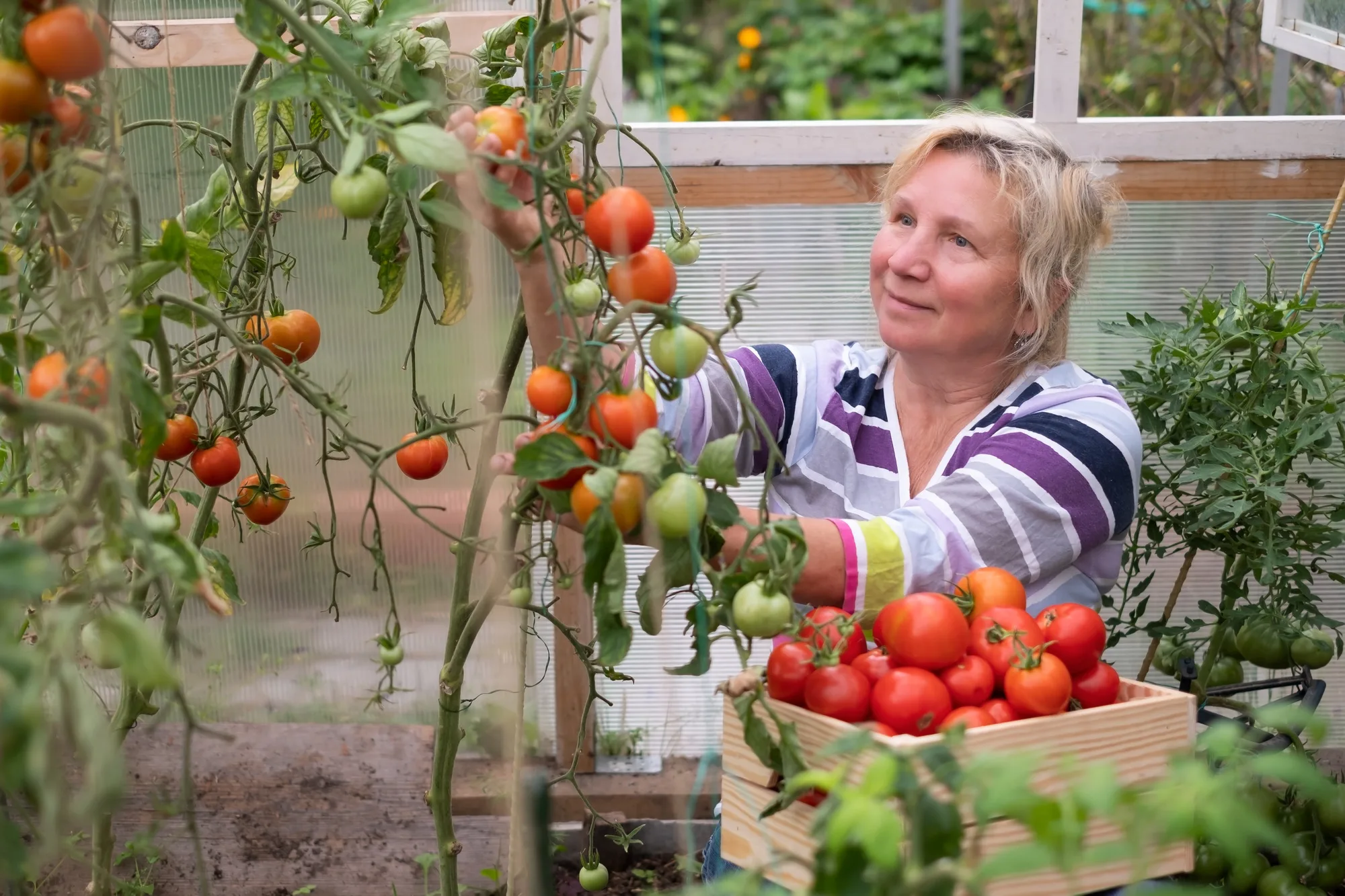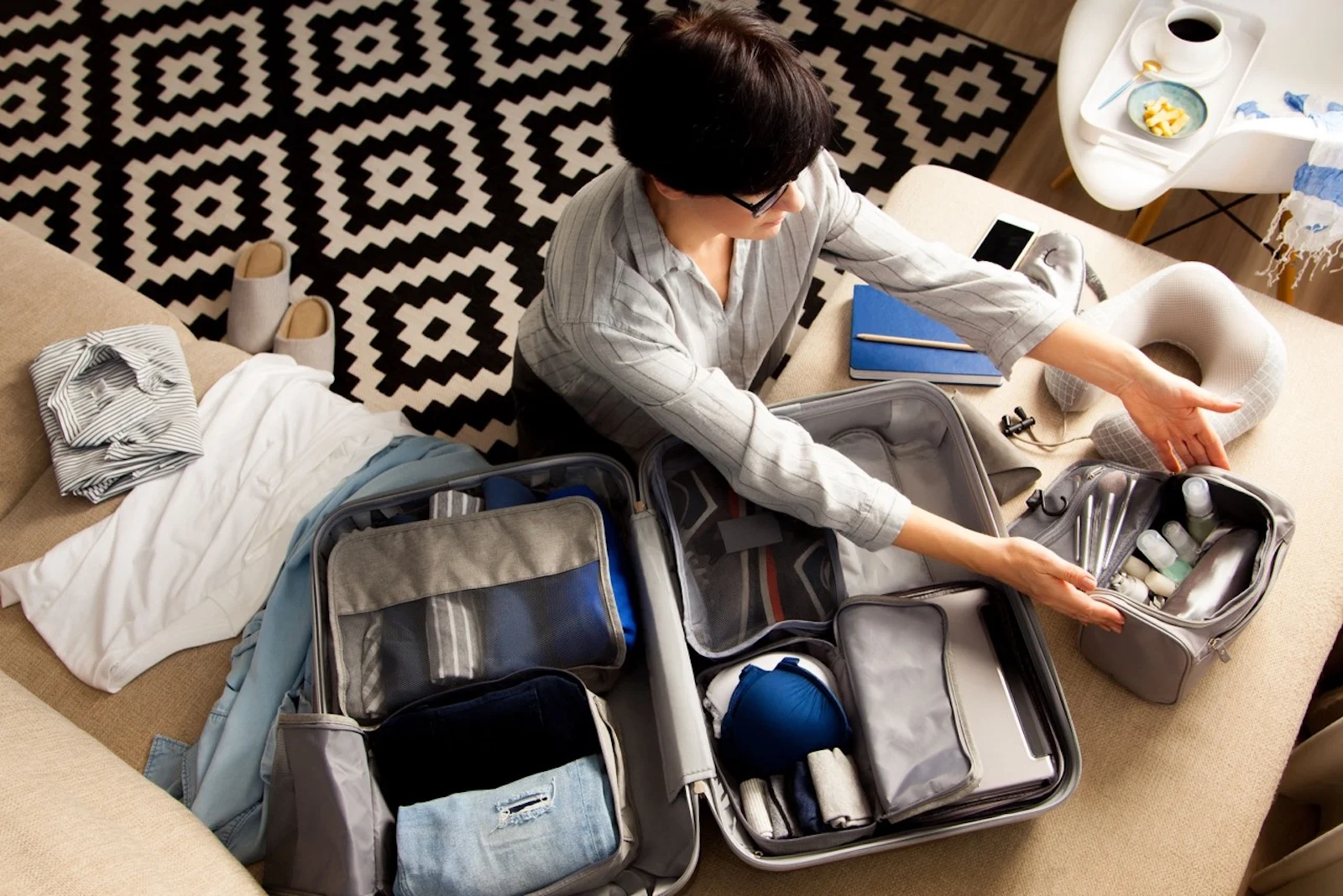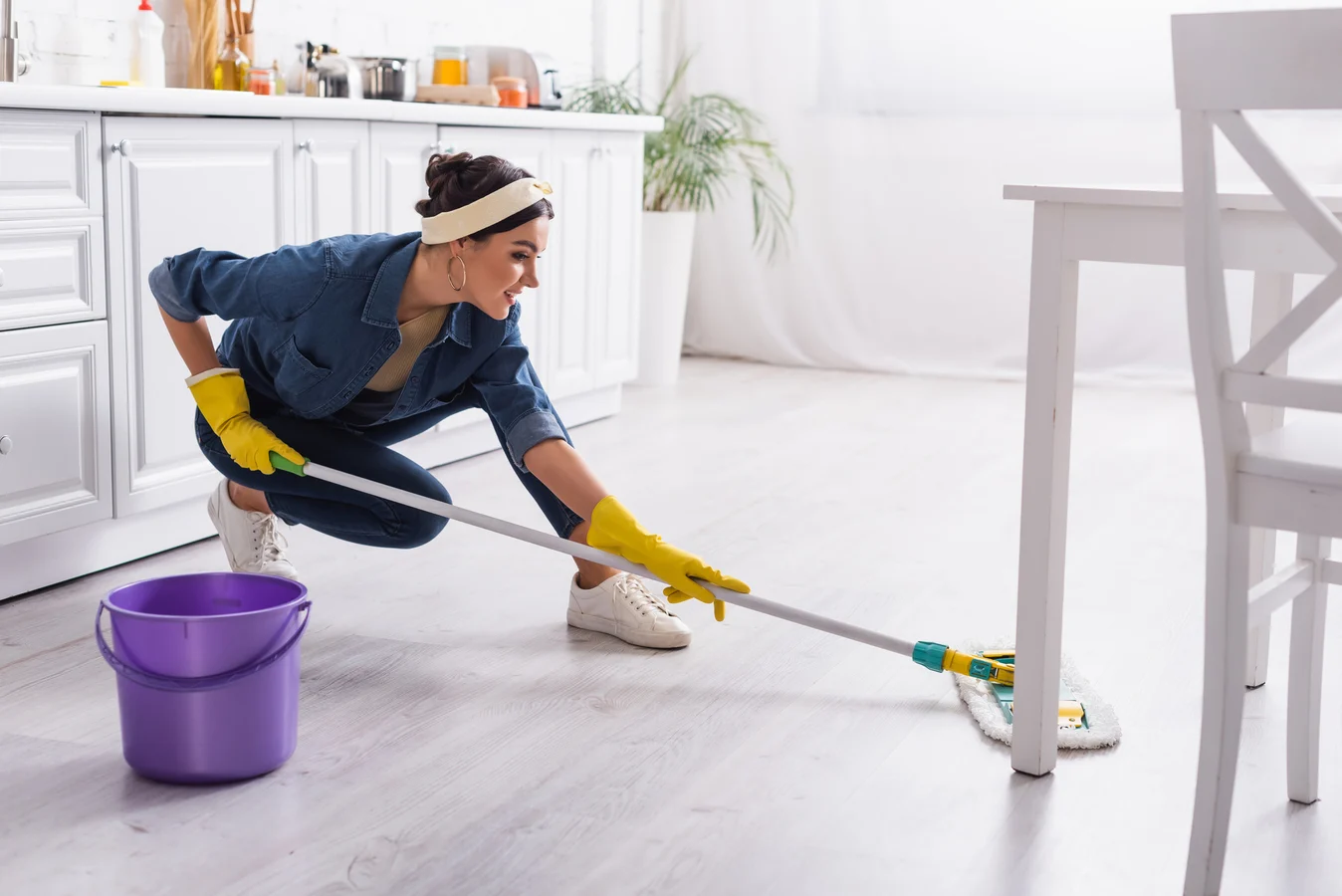Saving money is a universal practice, but some methods can toe the line between frugality and outright cheapskates. Here, we explore ten extreme ways parents have cut costs, and why these practices may not always be the best idea.
Freebie Obsession

Image Credits: Deposit Photos
Many parents become obsessed with freebies, attending countless promotional events and signing up for numerous giveaways. While scoring free items can save money, the time and effort invested often outweigh the benefits. Additionally, this obsession can lead to clutter and waste, as not all freebies are genuinely useful or needed. More critically, the pursuit of freebies can sometimes compromise personal information, leading to privacy concerns.
Regifting

Image Credits: Deposit Photos
Regifting involves passing on an unwanted gift to someone else, a practice that can save money but comes with social risks. If the original giver finds out, it can damage relationships and trust. Additionally, the regifted item may not suit the recipient, leading to awkwardness or disappointment. While regifting might seem resourceful, it’s crucial to ensure the gift is thoughtful and appropriate to avoid unintended offense.
When Reusing Goes Too Far in Home Refurbishment

Image Credits: Deposit Photos
Reusing materials in home refurbishment can be an excellent way to save money and reduce waste. However, when taken to the extreme, it can compromise the integrity and safety of the home.
Using substandard or inappropriate materials can lead to structural issues and costly repairs down the line. It’s essential to balance cost-saving with quality and safety to ensure a durable and secure home environment.
Costco Products That Are a Total Rip-Off

Image Credits: Deposit Photos
While bulk buying can offer significant savings, not all Costco products are good deals. Some items may seem cheaper per unit but can cost more due to spoilage or overuse.
Additionally, not every bulk purchase fits the needs of a typical family, leading to waste. It’s important to compare prices and assess real needs before committing to bulk purchases to avoid falling into the trap of perceived savings.
DIY Everything

Image Credits: Deposit Photos
DIY projects can be a great way to save money and learn new skills. However, attempting to DIY everything, especially without the necessary expertise, can backfire. Poorly executed projects can result in wasted materials, time, and even potential injury. For complex tasks like electrical work or plumbing, it’s often safer and more cost-effective in the long run to hire professionals.
Reusing Everything

Image Credits: Deposit Photos
Reusing items like jars and bags can certainly save money and is environmentally friendly. However, there are limits to what should be reused. Items like single-use plastic containers can degrade and release harmful chemicals over time, posing health risks. Additionally, over-reusing can lead to clutter and inefficiency. It’s important to be selective and mindful about what items are reused to maintain both health and organization.
Limiting Shower Time

Image Credit; Deposit Photos
Limiting shower time is a common money-saving tactic to reduce water and energy bills. While this practice can conserve resources, extreme limits can compromise personal hygiene and comfort. Encouraging children to excessively shorten their showers can also instill a negative perception of cleanliness and self-care. It’s more effective to focus on water-saving showerheads and mindful water use rather than strict time limits.
Gardening and Canning When You Have No Idea

Image Credits: Deposit Photos
Growing your own vegetables and canning them is a rewarding way to save money and ensure a supply of healthy food. However, the initial setup costs for gardening equipment and supplies, as well as the time investment, can be substantial. If not done properly, it can also lead to wasted produce and resources. Moreover, the learning curve can be steep, leading to frustration and potential failure if expectations are not managed realistically.
Skipping Vacations

Image Credits: Deposit Photos
Skipping vacations can save a considerable amount of money, but it can also lead to burnout and diminished family bonding time. Vacations provide a necessary break from routine, reduce stress, and create lasting memories. Denying oneself and one’s family these experiences in the name of saving money can have long-term negative effects on mental health and relationships. Instead, consider more affordable vacation options or local getaways to balance cost and relaxation.
Homemade Cleaners

Image Credits: Deposit Photos
Making homemade cleaners from common household ingredients can be a cost-effective and eco-friendly practice. However, not all homemade solutions are as effective as commercial cleaners, potentially leading to unsanitary conditions. Additionally, improper mixing of certain ingredients can create harmful chemicals, posing health risks. It’s crucial to ensure that homemade cleaners are both safe and effective for their intended use.
Bulk Buying and Stockpiling

Image Credits: Deposit Photos
Bulk buying and stockpiling can provide savings on non-perishable goods, but it also carries risks of over-purchasing and waste. If storage space is limited, stockpiling can lead to clutter and decreased living space. Additionally, items can expire or become obsolete before they are used, negating any cost savings. It’s important to plan purchases carefully and consider the realistic consumption rate to avoid waste and inefficiency.
Home Remedies

Image Credits: Deposit Photos
Home remedies, such as using natural ingredients for treating common ailments, can save parents significant money on medical expenses. However, relying exclusively on these remedies without professional medical advice can be dangerous. Misdiagnosis or ineffective treatment can lead to worsening health conditions, and in severe cases, may require more expensive medical interventions later on. It’s essential to balance the use of home remedies with appropriate medical consultation to ensure safety and efficacy.
